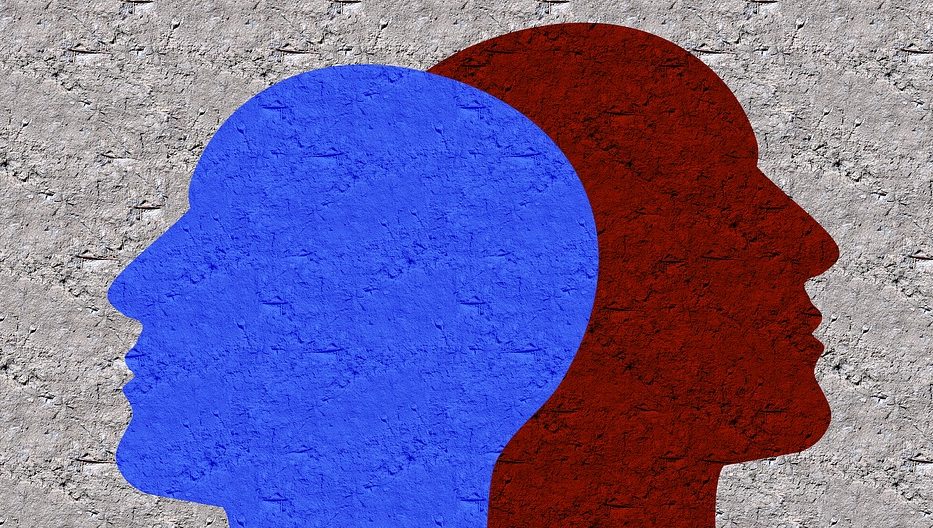
Political parties help us construct straw men of our opponents. They help us see our fellow Americans as opponents in the first place. They have us joining teams not because we like what they stand for, but because we hate what the other team stands for.
A Pew Research Center poll from last year found that about 40 percent of both Democrats and Republicans belong to their party because they oppose the other party’s values, rather than because they are particularly aligned with their own party.
Or at least, we hate what we think the other team stands for. A poll asked Democrats and Republicans to estimate statistics about the other party. The answers we pure caricatures.
For example, Republicans thought that 38% of Democrats were gay. That’s about twice as many gay people as actually exist in the USA by most estimates. Actually, only about 6% of Democrats are gay.
Democrats thought 44% of Republicans made more than $250,000 per year, those rich bastards! Turns out, only 2% of Republicans earn that much.
Democrats’ estimates for the percentage of 65 or older Republicans was double the actual 21% of the GOP. And Republicans assumed there were four times as many atheists and agnostics in the Democratic Party than the actual 9%.
People also overstated the numbers of these stereotypical groups within their own party — Democrats thought 29 percent of their fellow Democrats were gay, lesbian or bisexual — but they weren’t off by as much as members of the other party.
In short, “the parties in our heads,” as Ahler and Sood write, are not the parties in real life.
This is especially troublesome because other data suggests that people actually change their views to fall in line with the party. If there was no party as a simple one-stop shop for your ideology, people would have to actually make informed decisions about each government policy. Or they would have to admit that they don’t know or don’t care–which is better than supporting something out of ignorance.
“The danger of mega-partisan identity is that it encourages citizens to care more about partisan victory than about real policy outcomes,” Mason told me. “We find ways to justify almost any governmental policy as long as it is the policy of our own team. What is best for America, Americans or even small children is secondary to whether our party’s team gets what it demanded.”
The study cited the media as driving these stereotypes. In fact, the more someone follows politics, the larger their misconceptions about the other party! This proves the media doesn’t inform, it misinforms. It creates stereotypes that drive a wedge between Americans. And then people conform to the mass media produced image of what they should believe.
Of course, another way to interpret the findings is that in general… people are pretty dumb.
Even in cases where these groups comprise just a sliver of the population, people report that these groups constitute upwards of 40% of the party they “fit.” And when people are given information about these groups’ shares in the population, the bias in their estimates doesn’t decline…
This is why it is so important to be an individual that actually thinks critically, not a party pawn.
